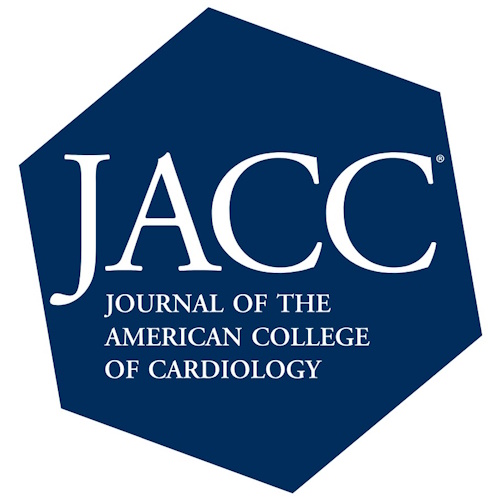Key points from article :
Atherosclerosis progression is directly related to conventional cardiovasular risk factors.
Such as age, sex, hypertension, cholesterol, smoking, and diabetes.
Study has been monitoring 4200 healthy middle-aged men and women.
Using noninvasive imaging technology and omics biomarkers for more than 10 years.
Enables identification of individuals at higher risk who could benefit from early intervention.
Key finding: 40% of individuals aged 40-50 years showed major progression of atherosclerosis.
That is in distinct locations, including the carotid, femoral, and coronary arteries.
"This progression could make these individuals more vulnerable to developing symptoms."
"Or having clinical events such as a heart attack or stroke."
Future studies to show whether this progression is associated with subsequent cardiovascular events.
Research by Centro Nacional de Investigaciones Cardiovasculares (CNIC) and Santander Bank.
Published in Journal of American College of Cardiology (JACC).



